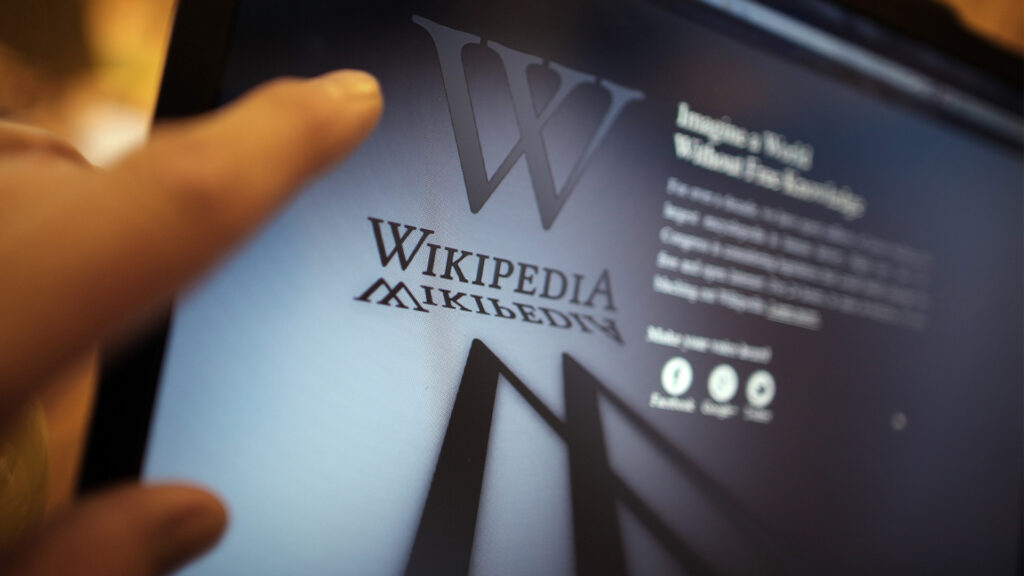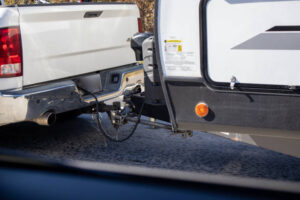
Creating a Wikipedia profile might sound easy at first—just gather some info and hit publish, right? Not quite. Wikipedia has strict rules to make sure the content is trustworthy and neutral. And if you don’t follow them, your page could be taken down faster than you can say “edit.” This guide breaks down what not to do when creating a Wikipedia profile. Think of it as your “oops-proof” checklist. So, making a profile for yourself? For your brand? Or someone else? Either way, these tips will help you steer clear of major mistakes.
1. Writing Like You’re Bragging for a School Award
Okay, you’re awesome! Surely, we get it. But Wikipedia doesn’t want to hear it that way. So, if you write your Wikipedia profile like a fan page or a resume full of gold stars. Nah uh! It won’t fly. Basically, don’t say that someone is “the best,” “iconic,” or “a legend in their field”. That just sounds biased.
Wikipedia wants facts, not fluff. So, stick to wins that are backed by trustworthy sources. Also, let the facts speak for themselves because overhyping will only make your profile look promotional. And Wikipedia dislikes that a lot. So keep it neutral and let readers be the judge.
2. Using Yourself as the Main Source (Big No-No)
Also, writing a Wikipedia profile and all your sources are blog posts you wrote, social media bios, or your own website? Pause. Because Wiki doesn’t count those as reliable references. They want outside, third-party sources. For instance,
- news articles
- interviews
- journals
These show that other people find your work or story notable enough to talk about. Are you the only one saying you’re notable? Nope! That’s not enough. So dig up those
- interviews
- press mentions
- features in trusted outlets
These help to back up your claims.
3. Skipping Notability Research Before You Start
Hold up—before you even write a word. Why so? You need to ask. Is this person or topic notable by Wikipedia standards? Is it? Basically, notability doesn’t mean being cool or having a lot of followers. It means there’s enough independent coverage. Especially about the person or topic in reliable sources. Can’t find at least 3-5 strong, independent articles? Ones that dive deep into the subject? Uh oh! Then, the page might get rejected. So, always check Wikipedia’s notability guidelines before you start working on a profile.
4. Copy-Pasting from Other Sites
(You Will Get Caught)
Even if the content is from your own site, copying and pasting is not okay. Wikipedia wants original, properly written content that follows their tone and style. Plus, Google and Wikipedia both have ways to check for plagiarism. So, does your profile sound like a copy of your LinkedIn? Or About page? Then, it might get flagged and deleted. Rewrite the content in your own words. However, keep it objective. And don’t forget to cite your sources.
Just take it as a school assignment—you can’t cheat!
5. Using Unreliable or Biased Sources
That blog post your best friend wrote about your success? Sorry, not gonna work. Wikipedia only accepts reliable sources. For instance,
- recognized newspapers
- magazines
- academic journals
- well-known publications
So, it’s your cue to avoid
- random blogs
- personal websites
- anything where it looks like you
Or someone close to you had a hand in writing it. So, does the source seem too personal, promotional, or biased? Erase it! Or Wiki will toss it out. Stick with sources that have editorial checks and are known for fact-checking.
6. Forgetting to Check Wikipedia’s Manual of Style
Yep, Wikipedia definitely has its very own style guide. And honestly, ignoring it ? That’s just like trying to play a game when you don’t even know the rules! From how you write your headings to the specific way you cite your sources. They truly have rules for everything. Also, articles absolutely need to be neutral, well-organized, and follow a certain format.
If your Wikipedia profile ends up reading like a casual blog post or a school essay, it simply won’t fit in. So, you should really take some time to review their manual of style.
7. Creating a Page About Yourself
(Unless You’re Careful)
Alright, so technically, yes, you can absolutely create a Wikipedia profile about yourself. However, it’s a pretty risky business. Because Wiki doesn’t really favor self-made pages. Simply because it’s incredibly tough to remain truly neutral. Especially when you’re writing about yourself.
Therefore, if you decide to go ahead with it, you must be extra, extra careful with your tone. Plus, your sources. Don’t overstate anything, and importantly, don’t skip over any negative coverage. That if it happens to exist. Also, seriously, never make it sound like a personal ad.
Even better, consider asking someone else to create. Or maybe edit it for you instead. Hence, ensuring they follow all of Wikipedia’s guidelines.
8. Editing Without Logging In
(Or Using a Suspicious Account)
Making edits as an anonymous user? or from a new account with no history? Don’t! Or it can raise red flags. Basically, Wiki tracks all edits. And if they see that a page is being created. Or even edited by someone with a conflict of interest. Well, that can lead to deletion or a block. So, are you involved in the topic. Then, it’s best to be transparent.
So, use a proper account. Also, consider suggesting edits on the article’s talk page instead of making them directly.
9. Leaving Out the “Talk Page” and Edit Summary
Every Wiki page has a “Talk” section. Just a place where editors can discuss changes. So, are you making major edits? Or just writing a brand-new Wikipedia profile? Either way, use the talk page to explain what you’re doing. It shows you’re being transparent. And that you are open to feedback.
Also, always write an edit summary so other editors understand why you made changes. Skipping these steps makes you look sneaky, even if your edits are totally fine.
10. Thinking It’s a One-and-Done Deal
Lastly, making a Wikipedia profile isn’t a “write it and forget it” kind of task. Editors constantly update Wikipedia articles. Hence, making them living, breathing pages. Also, other editors might come in and change things, flag errors, or even remove content that doesn’t meet guidelines. So, do you care about the profile? Then,
- keep an eye on it
- respond to feedback on the talk page
- be ready to make improvements
Because the goal is to keep the page accurate and well-sourced, plus it need to and up-to-date.
Conclusion: Be Smart, Be Neutral, Be Notable
So, creating a Wikipedia profile is definitely more than just telling your story. Actually, it’s about you telling your story the right way! So, don’t try to cut corners. And no, don’t ignore the rules. Because that way, chances are your page won’t stick around for very long.
However, if you really focus on using strong sources and keep a neutral tone. you can win. But, still do follow the guidelines. That way, you’ll absolutely create something that lasts.
Building a solid Wikipedia profile takes real time and effort. But, believe US! It’s totally worth it if you do it properly!







